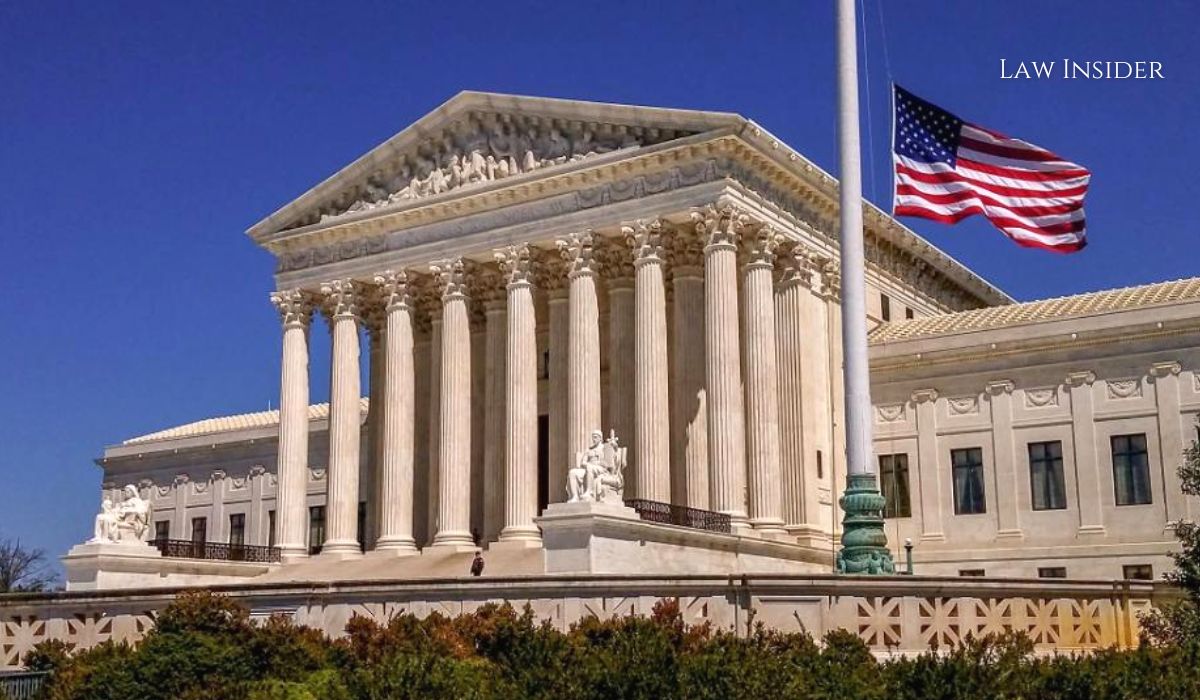LI Network
Published on: December 06, 2023 at 12:12 IST
The U.S. Supreme Court is poised to delve into a pivotal tax challenge that could have far-reaching implications for wealth taxation, particularly impacting the affluent.
The case questions the legality of a tax targeting owners of foreign corporations, with potential repercussions for the broader landscape of wealth taxation.
The proceedings have already brought controversy, notably involving calls for Justice Samuel Alito to recuse himself.
In the spotlight is the appeal brought forth by Charles and Kathleen Moore, a retired couple from Redmond, Washington, challenging a lower court’s rejection of their opposition to the tax on foreign company earnings.
The contentious “mandatory repatriation tax” (MRT), embedded in the 2017 Republican-backed tax bill signed by former President Donald Trump, applies to taxpayers owning at least 10% of specific foreign corporations.
The core issue revolves around the constitutionality of taxing unrealized gains, as per the U.S. Constitution’s 16th Amendment, enabling Congress to “collect taxes on incomes.”
The Moores, supported by conservative groups like the Competitive Enterprise Institute, argue that “income” only encompasses realized gains through payment, not a mere increase in property value.
A ruling favoring the Moores could have cascading effects on various tax code provisions, impacting entities such as partnerships, limited liability companies, and S-corporations, as noted by legal experts.
Moreover, this decision may disrupt policies championed by some Democrats, like Senator Elizabeth Warren, who advocates for a tax on the net worth of the super-rich, encompassing all assets rather than just income.
The Moores, seeking a refund of nearly $14,729 in additional taxes, challenge the 2017 law’s imposition as minority shareholders in the Indian company KisanKraft, based in Bangalore, which supplies equipment to farmers.
This case, initially receiving limited public attention, gained prominence amid discussions about the justices’ ethical conduct, particularly Justice Alito’s involvement.
Democratic senators called for Alito’s recusal, citing concerns about his connection with an attorney involved in the case. Alito refused, maintaining that the attorney’s role was journalistic, not advocacy.
As the Supreme Court addresses this pivotal tax dispute, the outcome may reshape the contours of wealth taxation, influencing policies and practices across the financial spectrum.

